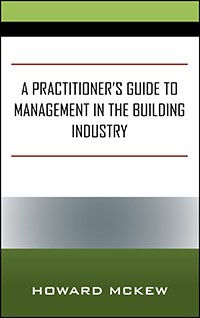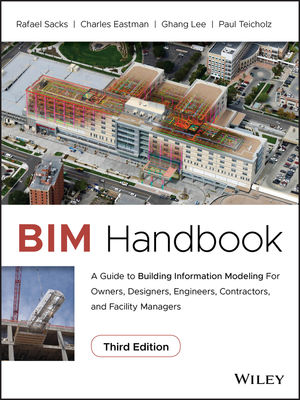- Modeling the Dispersion of Chemical or Biological Contaminants. This two-part seminar will take place from 8-10 a.m. Sunday, January 25, and 10:15 a.m.-12:15 p.m. Monday, January 26. Since September 11, there has been greater awareness of the threat that chemical and biological agents pose, along with greater emphasis on the modeling of potential impacts of a release. This seminar presents results from modeling techniques, with presenters showing how modeling assists in the understanding of the level of impact, the design of safety systems, threat assessments and mitigation procedures when agents are released.
- Post 9/11 Impact on HVAC, 8-8:50 a.m., Sunday, January 25. Attendees of this forum will discuss issues associated with how buildings, particularly HVAC systems, can respond to terrorist activities. This response can be in the form of detection, mitigation and/or decontamination. "Terrorist activities on September 11, as well as others, strongly suggest that buildings and occupants are vulnerable to such low-probability, high-impact events," Dean Tompkins, moderator, said.
- How Should 9/11 Change Smoke Control Design for Tall Buildings, 10:15-11:05 a.m., Tuesday, January 27. The events of 9/11 placed tall building design under greater scrutiny, with much of the concern focused on structural, egress construction, and bioterrorism. Another issue related to tall building safety is smoke control systems. Attendees of the forum will discuss what changes should be made to such systems.
ASHRAE '04 Technical Program to Examine Building Safety
From smoke control in tall buildings to release of chemical agents, the HVACR industry continues to look for ways to minimize risk for building occupants during terrorist attacks. Practical applications and case studies related to building safety will be featured at theASHRAE2004 Winter Meeting technical program. The meeting will be held January 24-28, Anaheim, CA.
"With ASHRAE members involved in many aspects of critical infrastructure and with increased concerns about infrastructure vulnerability, the society is taking a proactive approach to minimize risks for building occupants during events related to war and terrorism," Lawrence Spielvogel, chair of ASHRAE's Presidential Ad Hoc Committee on Homeland Security, said.
A forum at the meeting will include an update from committee members about homeland security matters, including available resources, research, and opportunities for participation. ASHRAE and Homeland Security: Where Have We Been and Where Should We Be Going will take place from 10:15 a.m.-12:15 p.m. Sunday, January 25.
ASHRAE is working with government agencies, such as the Department of Homeland Security, code bodies, and other organizations to coordinate activities within the society's areas of expertise. Members also are working with ASHRAE technical and standard committees to ensure that appropriate research is conducted and that new and existing standards fill any identified gaps. Coverage of homeland security issues in the ASHRAE Handbooks will be expanded.
Other technical program sessions related to building safety are:





